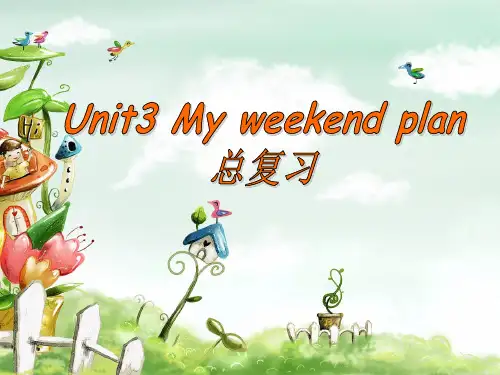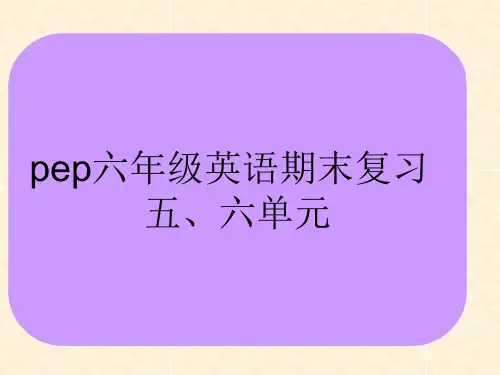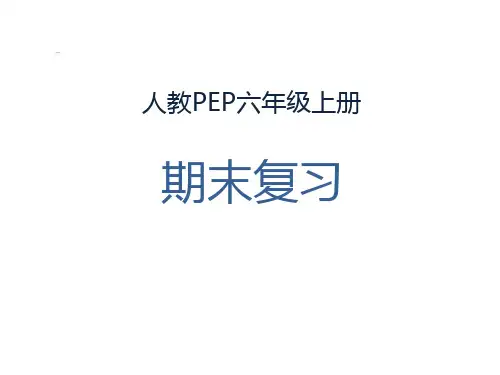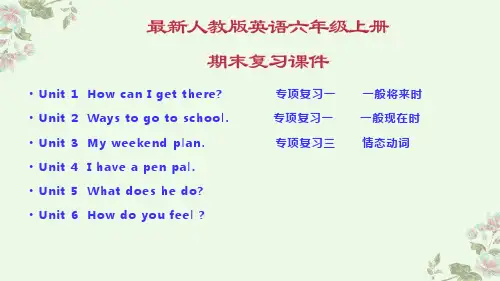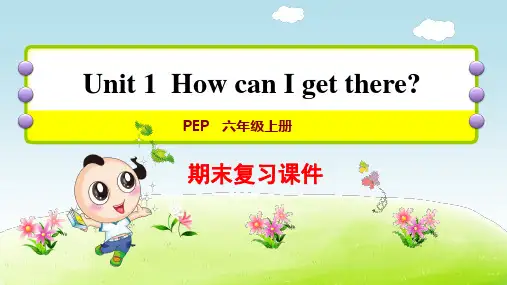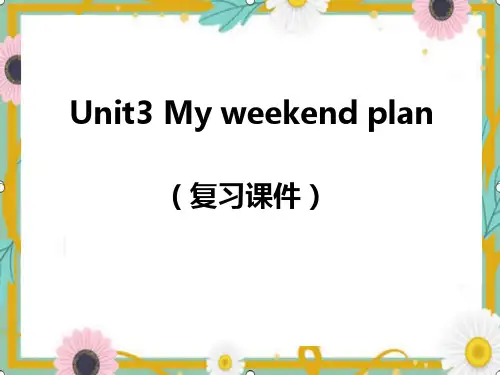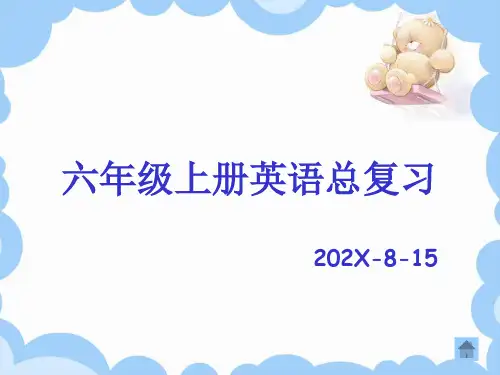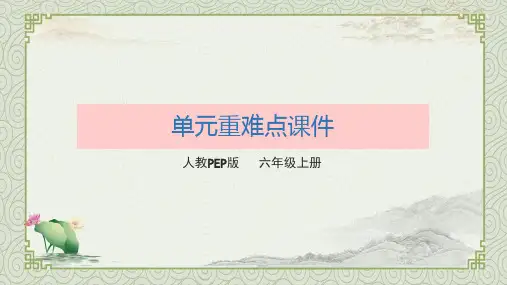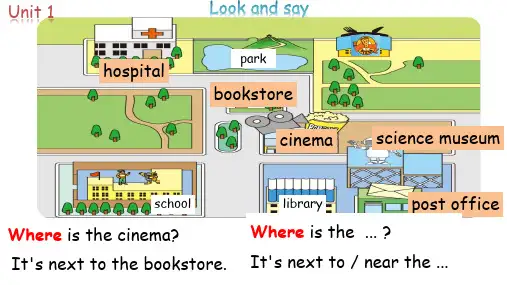一般将来时:表示打算、计划干什么。表达
自己打算做某事、计划做某事或者有意做某
事。 • 句型: be going to + 动词原形
•
•
be 动词{is,are, am}
• 1. I am going to read books. • 2. She is {He is} going to read books. 3. They are {You are} going to readbooks.
He is going to have a picnic. 否定句:
He is not going to have a picnic. 疑问句:
Is he going to have a picnic? 特殊疑问句:What is he going to do?
Let’s talk.
A:Where are you going this afternoon.今天下午你 打算干什么?
• learn学习 • teach教 • lesson 课 • space太空 travel旅游 • half一半 price 价格 • moon月亮 • lots of= a lot of 许多
visit my grandparents
see a film
take a trip
go to the supermarket
be动词用法:
我用am , ( I am ) 你用 are, ( You are ) is 跟着他,她,它, ( He/She/It is ) 单数 is, ( This /That is ) 复数are.( We/ You/They / These /Those are )
“be going to + 动词原形”结构的否定句, 是在be后面加not。疑问句形式是把be动词 提前。如:
